To understand how Spotify is transforming the music industry, it’s important to know what it is, exactly, compared to other music services. Spotify is a music streaming service offering free and paid subscription options to users. That makes it different from a service like iTunes where you download songs and albums onto your computer, smartphone or tablet. With Spotify, you’re getting access to songs but not “owning” them like you do when you purchase an mp3, a CD or an album. Most people use the free version, but the paid version has its perks, like no advertising.
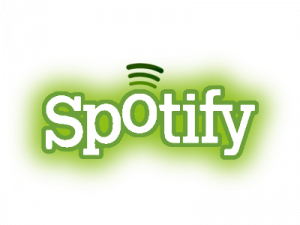 Spotify began in Sweden and soon became all the rage across Europe. The highly anticipated American roll out and easy integration with sites like Facebook made its popularity soar even higher as it became easier to discover and share music online with friends. At the end of 2012, Spotify was valued at $3 billion, had around 20 million users worldwide and was still growing. Record companies got on board early, realizing their previous mistake of resisting iTunes for so long.
Spotify began in Sweden and soon became all the rage across Europe. The highly anticipated American roll out and easy integration with sites like Facebook made its popularity soar even higher as it became easier to discover and share music online with friends. At the end of 2012, Spotify was valued at $3 billion, had around 20 million users worldwide and was still growing. Record companies got on board early, realizing their previous mistake of resisting iTunes for so long.
To put Spotify in perspective let’s take a quick look at history. Once upon a time the only way to buy music and take it home with you was to purchase sheet music. Then the phonograph was invented, which led to gramophone records, the first form of recorded music that reached a mass audience. The sheet music industry fiercely resisted and fought this new technology. It sounds quaint to hear about this today, but it was a big deal at the time. In modern times, the record companies — and many iconic acts — resisted iTunes until it became futile. Now, the same thing is happening with streaming services like Spotify. It’s becoming the new normal and resistance seems futile.
The argument against Spotify is that artists are paid pennies, even micro-pennies, for the streaming of their music. The flip side to this argument is that fans are streaming the same songs many times, so in the long run it will pay off, as opposed to the one-time purchase of a CD. For example, what if an artist gave a CD away for free, but then made money every time the CD was played? It can add up. The debate is ongoing about Spotify and it remains to be seen what the fallout will be, but make no mistake, it’s changing the way the music business operates and creating a new model in the process.
As an indie act, you may only be making fractions of a penny per stream, but if people like it, they will become fans and stream it over and over again, just like fans used to crank a handle and spin gramophone records by their favorite artists over and over, except those people only paid for the record once. It remains to be seen how big of an impact Spotify will have on the business, but it could be large enough to leave a crater as big as the one created by the meteor that killed the dinosaurs.




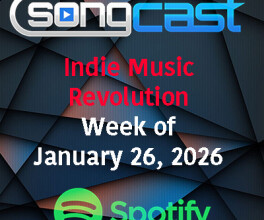



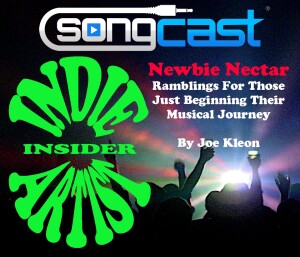

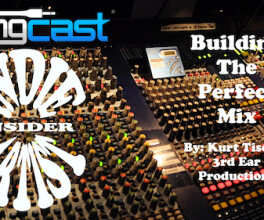
































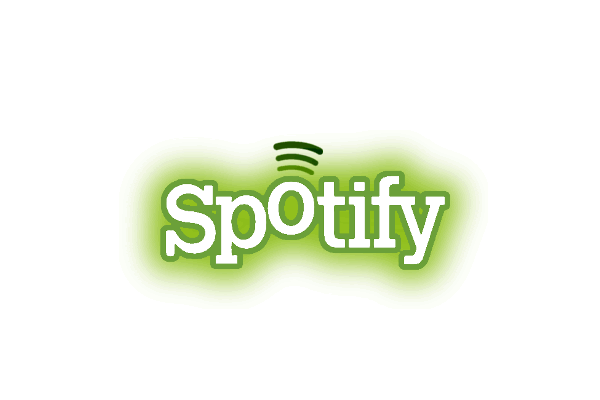
Comments
No comment